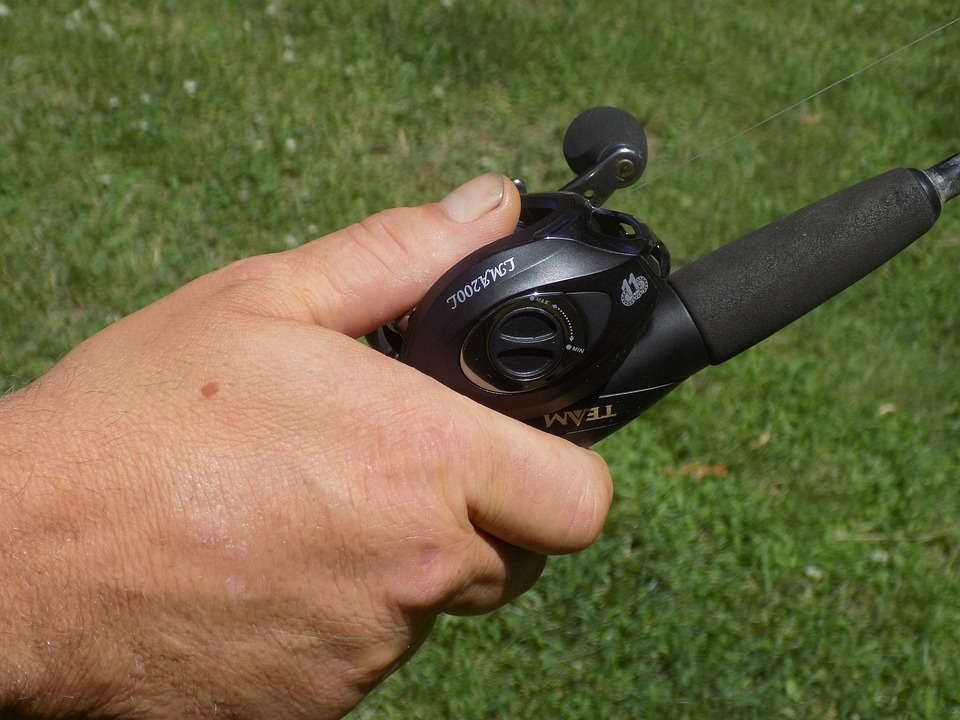Introduction:
Fish behavior training is an essential aspect of fish ownership, enabling owners to enhance their pets’ well-being and create a harmonious environment within their aquariums. By delving into the captivating world of fish behavior and employing effective training techniques, fish owners can unlock a wide array of benefits for their aquatic companions. In this article, we will explore the intricacies of fish behavior training, discuss its advantages, and provide valuable insights on how to train your fish effectively.
I. The Importance of Fish Behavior Training
Fish behavior training offers numerous advantages for both the fish and the owner:
A. Promoting physical and mental stimulation: Training activities engage fish in various physical exercises and mental challenges, preventing boredom and promoting overall well-being.
B. Establishing a bond between fish and owner: Through training, fish develop trust and form a bond with their owners, leading to a more fulfilling relationship.
C. Reducing stress and aggression: Training helps fish adapt to their surroundings, reducing stress levels and minimizing aggressive behaviors.
D. Facilitating health monitoring: During training sessions, owners can closely observe their fish’s behavior, identifying any signs of illness or distress early on.
II. Understanding Fish Behavior
To train fish effectively, it is crucial to have a basic understanding of their behavior. Some important behaviors to consider include:
A. Social hierarchy and territorial instincts: Fish establish a pecking order and defend their territories, which should be taken into account when designing the aquarium layout.
B. Natural instincts and foraging behavior: Fish have natural instincts to search for food, which can be harnessed during training sessions.
C. Schooling behavior and shoaling tendencies: Many fish species exhibit schooling behavior, which can be utilized for training purposes.
D. Reproductive behaviors and courtship displays: Understanding these behaviors can help fish owners create suitable conditions for breeding and courtship.
III. Basic Principles of Fish Behavior Training
To effectively train fish, the following principles should be considered:
A. Creating an optimal environment: Provide a well-maintained aquarium with appropriate water conditions and suitable hiding spots for the fish to feel secure.
B. Positive reinforcement techniques: Utilize rewards, such as food treats or praise, to reinforce desired behaviors.
C. Consistency and repetition: Consistent training sessions and repetition of commands help fish understand and respond to cues.
D. Patience and observation: Fish may take time to learn, so patience is key. Observing their behavior closely allows owners to adjust training techniques accordingly.
IV. Step-by-Step Guide to Fish Behavior Training
To train fish effectively, follow these steps:
A. Setting realistic training goals: Determine the behaviors you want to train your fish to perform, ensuring they are realistic and achievable.
B. Identifying trainable behaviors: Identify specific behaviors that can be trained, such as swimming through hoops or following a target stick.
C. Implementing target training: Use a target stick or other visual cues to guide your fish towards desired behaviors.
D. Gradual shaping and reinforcement: Start with small steps, gradually shaping the behavior and reinforcing it with rewards.
V. Common Challenges and Troubleshooting Tips
Fish behavior training can come with challenges. Here are some common issues and tips to overcome them:
A. Overcoming fear or aggression: Gradual desensitization and counter-conditioning techniques can help fish overcome fear or aggression.
B. Dealing with stubborn or unresponsive fish: Adjust training techniques, be patient, and ensure the fish’s needs are met before attempting training.
C. Adjusting training methods for different species: Recognize that different species have varying capabilities and temperaments, requiring tailored training approaches.
D. Avoiding overtraining and stress: Limit training sessions to short durations and avoid overwhelming the fish with excessive demands.
Conclusion:
Fish behavior training is a captivating and rewarding endeavor for fish owners. By understanding the intricacies of fish behavior and employing effective training techniques, owners can create a harmonious and enriching environment for their aquatic companions. Remember to be patient, consistent, and observant throughout the training process, always prioritizing the well-being of your fish. With dedication and proper knowledge, you can unlock the secrets of fish behavior training and enhance the bond with your underwater friends.









